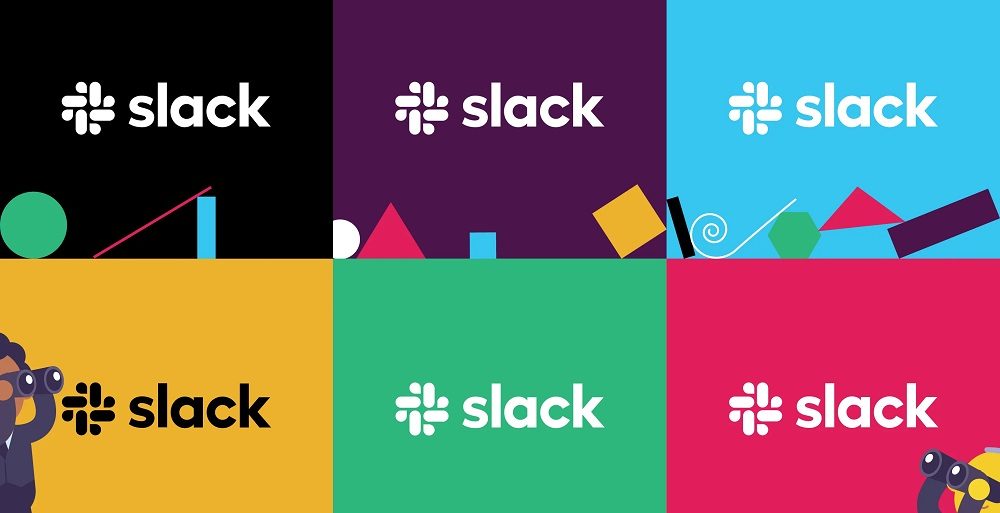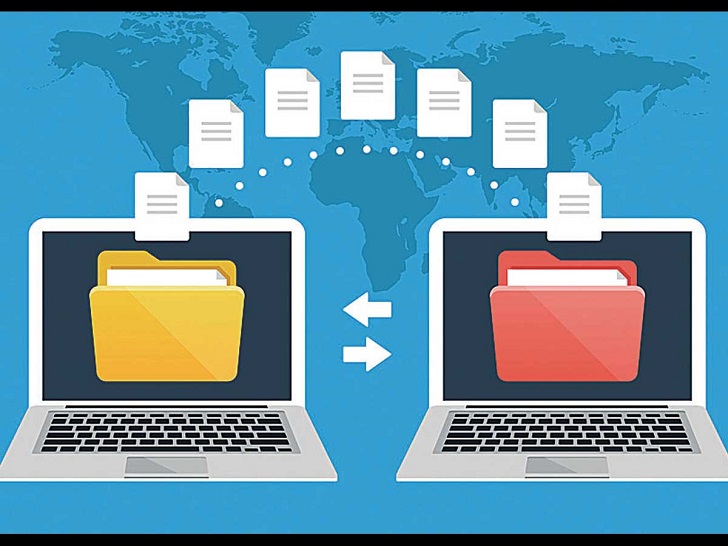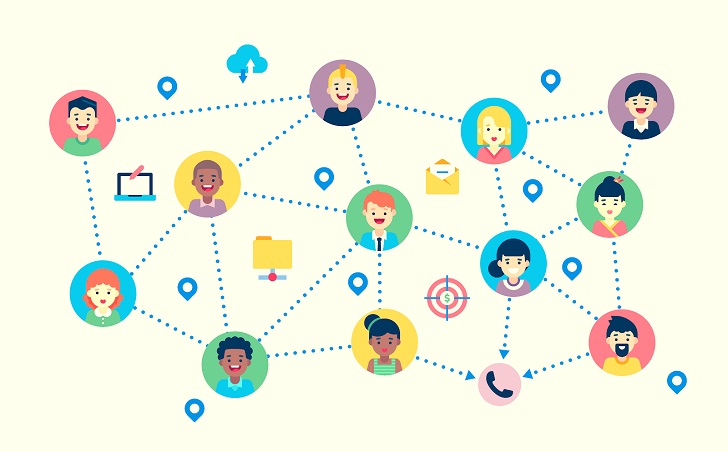
The Impact of Slack on Business & Communication

In today’s fast-paced and interconnected business landscape, effective communication and collaboration are key to success. Many organizations have turned to digital tools to enhance productivity and streamline workflows. One such tool that has gained widespread popularity is Slack.
Slack is a team communication and collaboration platform offering various features to help teams work more efficiently. In this article, we will explore the benefits of Slack and how it can positively impact businesses and groups.
Real-Time Communication
One of the primary benefits of Slack is its real-time communication capabilities. Unlike traditional email, Slack allows instant messaging and quick responses, fostering seamless and efficient communication among team members.
With Slack, you can create channels for different projects, departments, or topics, enabling teams to have focused discussions and easily share information. The real-time nature of Slack promotes quicker decision-making, reduces delays in communication, and improves overall responsiveness.

Scalers/ Getty Images | When it launched, Slack was worth $2.8 billion
Enhanced Collaboration
Slack goes beyond simple messaging by providing a collaborative workspace for teams. Users can share files, documents, and multimedia content directly within Slack channels. This facilitates easier project collaboration, as team members can access and provide feedback on shared files in real-time.
Additionally, Slack integrates with popular project management and productivity tools, allowing teams to streamline their workflows and centralize information in one place. This integration promotes better coordination and reduces the need for switching between multiple applications.
Organized and Searchable Communication
With traditional email, important information can quickly get buried in overflowing inboxes. Slack offers a more organized approach to communication, making it easier to find and retrieve information when needed. Messages and files shared in Slack are automatically indexed and archived, making them searchable.
This feature lets users quickly locate past discussions, shared files, or important decisions, saving time and reducing frustration. The ability to search within Slack’s vast history of conversations enhances knowledge sharing and facilitates efficient information retrieval.

Sameer Desai/ Mirror | Files are searchable and shareable across Slack
Remote Collaboration and Team Connectivity
The rise of remote work has necessitated tools that facilitate seamless collaboration regardless of physical location. Slack is a virtual workspace connecting remote team members and enabling them to work together effectively.
Through Slack, team members can discuss, share updates, and collaborate on projects as if they were in the same office. Slack’s mobile app also allows for on-the-go communication, ensuring team members stay connected and informed, regardless of their location or time zone.
Integrations and Automation
Slack’s extensive integration capabilities allow teams to connect various tools and applications they use daily. It integrates with popular apps like Google Drive, Trello, Asana, and Salesforce, among many others.
These integrations enable teams to bring relevant data and notifications directly into Slack, reducing the need for constant switching between different platforms. Furthermore, Slack offers automation features through bots and workflows, allowing teams to automate repetitive tasks, receive timely notifications, and improve overall productivity.

Ashley Bell/ Shutterstock | Collaborating in channels allows you to work as efficiently with agencies, vendors, or clients as you do internally.
Increased Transparency and Team Engagement
Slack promotes team transparency by providing a platform for open communication and sharing. By creating public channels or designated spaces for updates and announcements, team members can stay informed about ongoing projects, company-wide initiatives, and important announcements. This increased transparency fosters a sense of belonging and engagement among team members, as everyone has visibility into what others are working on and can actively contribute to discussions.
Company Culture and Socialization
In addition to work-related discussions, Slack allows for informal conversations and socialization through dedicated channels or direct messages. These casual interactions build a strong company culture, encourage team bonding, and create camaraderie even in remote or distributed teams. Such connections can boost morale, foster collaboration, and improve employee satisfaction.
More in Finance & Business
-
`
Why You Need to Think Twice Before Buying a House
So, you have been scrolling through real estate listings, envisioning your dream kitchen, and even bookmarking paint colors for the nursery....
November 26, 2023 -
`
Santo Spirits: Sammy Hagar and Guy Fieri’s Joint Venture
In the world of business partnerships, some combinations might seem unconventional at first glance. But when you delve deeper into the...
November 16, 2023 -
`
Everything You Need to Know About Mortgage Rate Lock
You have probably embarked on the exciting yet nerve-wracking voyage of purchasing a home. Amidst the sea of paperwork, open houses,...
November 9, 2023 -
`
7 Effective Ways to Make Your Business More Sustainable
In an age of rising environmental consciousness, making your business more sustainable isn’t just a trend; it’s a necessity. Sustainable practices...
November 3, 2023 -
`
Housing Market Going Up? Then Why Not Rent?
“Buy a house! It is the best investment!” How many times have you heard that? Probably enough to make a drinking...
October 29, 2023 -
`
Surprising! Celebs Who You Didn’t Know Had a Master’s Degree
When it comes to celebrities, we often associate them with glitz, glamour, and blockbuster movies. But did you know that some...
October 17, 2023 -
`
Navigating the Housing Maze: The 7% Mortgage Rate Quandary
If there is one thing that this year has thrown our way (apart from those fascinating tech gadgets we did not know...
October 12, 2023 -
`
Where to Buy a House in the U.S With a $100K Salary
Got a cool $100,000 annual paycheck in your pocket? Cheers to that accomplishment! With such a financial cushion, dreams of homeownership...
October 6, 2023 -
`
The “Grave” Housing Crisis Forcing U.S. Homeowners to Sell Their Houses
Every culture has its dreams and aspirations. For those living in the United States, it has traditionally been an idyllic house, spacious and...
October 1, 2023















You must be logged in to post a comment Login